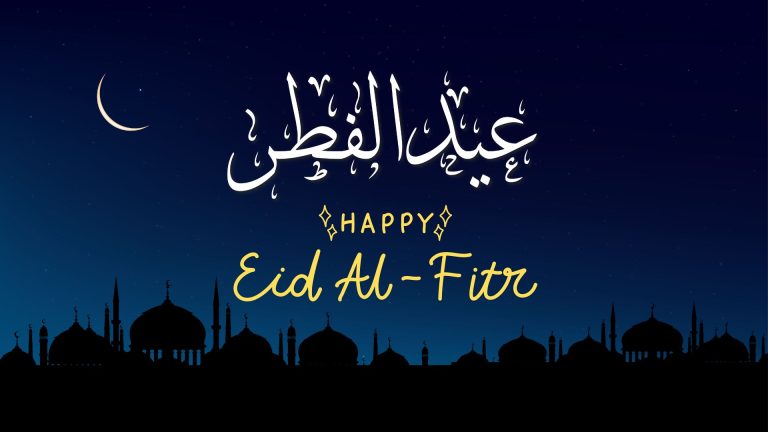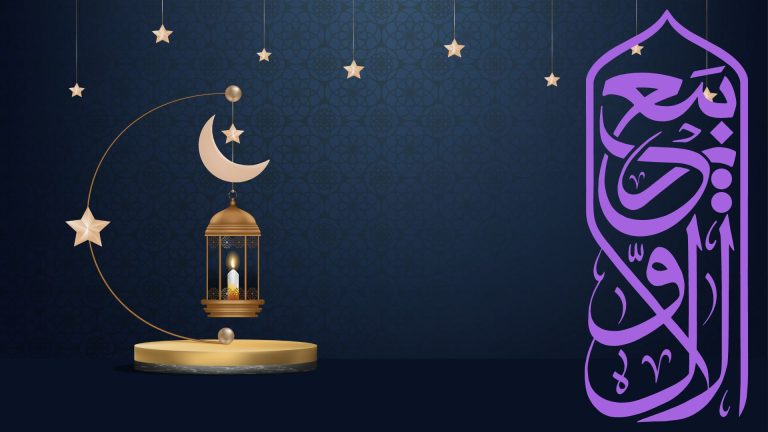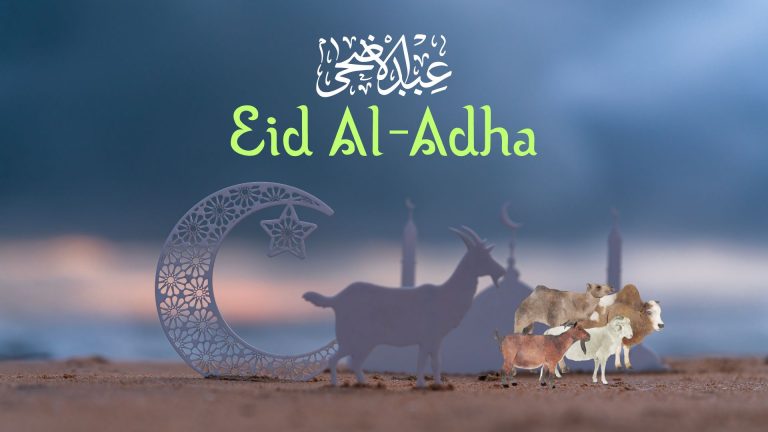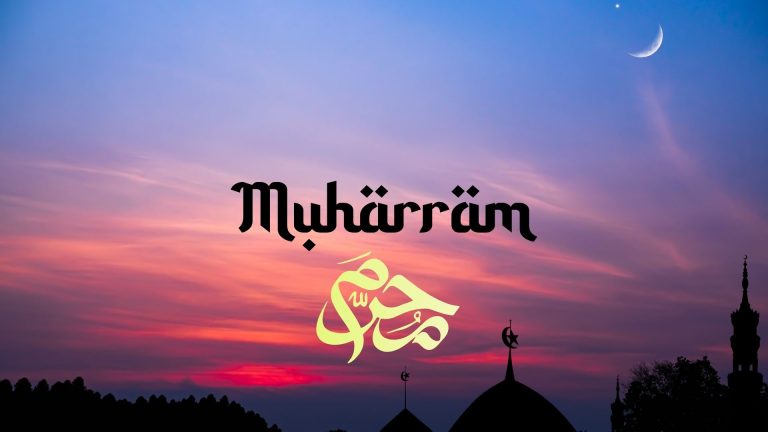What is Umrah?
A Detailed Comparison of this with Hajj
Umrah is like a special trip to the Holy Kaaba that any Muslim can take whenever they want. It’s not like Hajj, which is required once in a lifetime. During this, people circled the Kaaba and walked between Safa and Marwa. By performing these actions Muslims show their love for God and commitment to purity and dedication. They wear special clothes called Ihram to show they’re ready for this spiritual journey. Let’s discuss its definition, purpose, and a detailed Comparison of this with Hajj.

What is Umrah?
It is a beautiful Sunnah of the Prophet Muhammad (Peace Be Upon Him), cherished by millions of Muslims as a deeply spiritual act of worship. It is often described as the “lesser pilgrimage” or “minor pilgrimage” compared to the Hajj, yet its rewards are considered immense.
The significance of it lies in its spiritual value and the opportunity it provides for Muslims to strengthen their faith, seek forgiveness, and draw closer to Allah. It is a journey that should be undertaken with love, gratitude, intensity, and a deep desire to fulfill this Sunnah of the Prophet Muhammad (Peace Be Upon Him).
What Is the Purpose of Umrah?
The primary purpose of performing it is to connect with Allah (Subhanahu Wa Ta’ala – Glory to Him, the Exalted), seek His pleasure, and attain the countless rewards associated with this act of worship. Those on this spiritual journey aim to purify their body, heart, soul, and mind from past sins.
A Detailed Comparison of Hajj and Umrah
It’s essential to understand a detailed comparison of this with Hajj; they differ in their requirements, rituals, and significance.
Obligation and Frequency
Hajj: Hajj is considered a mandatory pillar of Islam, incumbent upon every financially capable and physically fit Muslim to perform at least once in their lifetime. It is a deeply significant journey, symbolizing unity and equality among Muslims.
Umrah: While not obligatory, Islam highly recommends it and holds spiritual merit. Unlike Hajj, a once-in-a-life. Islam highly recommends it perform as many times as one desires, offering believers the opportunity to repeatedly engage in a sacred act of worship.
Timing and Seasons
Hajj: The pilgrimage of Hajj is specifically prescribed to be undertaken during the first ten days of the Islamic month of Dhul al-Hijjah, leading up to the Eid al-Adha festival. This period is known for its profound spiritual significance and communal worship.
Umrah: In contrast, it can be performed any time of the year, making it more flexible and accessible to Muslims worldwide. This flexibility allows believers to embark on the pilgrimage based on their circumstances and readiness without being bound by specific dates.
Duration and Complexity
Hajj: Hajj is a comprehensive pilgrimage that involves a series of rituals and acts of worship spanning approximately 5 to 6 days. These rituals include the Tawaf (circumambulation) around the Kaaba, the Sa’i (ritual walking) between the hills of Safa and Marwah, the symbolic stoning of the devil at Jamarat, and the standing at Mount Arafat, among others. Completing these rituals requires meticulous planning, physical endurance, and spiritual devotion.
Umrah: In comparison, it is a shorter and less complex pilgrimage, typically completed within a few hours. It involves fewer rituals, such as the Tawaf and Sa’i, making it more manageable for individuals with time constraints or physical limitations.
Significance and Rewards
Hajj: Hajj is regarded as one of the five pillars of Islam and is considered a profound spiritual journey that holds immense significance in the life of a Muslim. It is a time of reflection, repentance, and renewal of faith as believers seek forgiveness and spiritual elevation by performing prescribed acts of worship.
Umrah: While not a pillar of Islam, it is highly recommended and holds great spiritual rewards. It is believed that the performance expiates sins and brings blessings to the individual, providing an opportunity for spiritual growth and closeness to Allah.
Accessibility and Preparation
Hajj: Due to its mandatory nature and the large number of participants, Hajj requires thorough planning, preparation, and logistical arrangements. Pilgrims must fulfill specific requirements, such as obtaining a visa, travel arrangements, and accommodation in Makkah, which can be challenging due to the high demand during the Hajj season.
Umrah: In comparison, it is more accessible and less demanding in terms of preparation. While pilgrims still need to arrange travel and accommodation, the process is generally more straightforward, allowing individuals to undertake the pilgrimage at their convenience throughout the year.

Where Is Umrah Located?
It is performed at the Masjid al-Haram in the holy city of Makkah, Saudi Arabia. Makkah is revered by Muslims worldwide and is home to the Holy Kaaba, the Sacred House of God. The city is situated in the Hejazi region of Saudi Arabia.
The duration of performing it can vary, but it typically takes between 3 to 6 hours to complete, depending on the crowd and other factors.
How to Perform Umrah?
Before starting the process of this worship, it’s essential to ensure you are mentally and physically prepared for the journey. Here’s a guide on how to perform it:
1. Arrival and Talbiyah
Upon reaching Masjid al-Haram in the state of Ihram, announce your arrival by reciting the Talbiyah while walking towards the Holy Kaaba.
2. Tawaf
Circle the Kaaba seven times in an anti-clockwise direction, starting from the Black Stone at the eastern corner of the Kaaba. Each circle should last around 20 minutes, or perform Tawaf on the top floor if crowded.
3. Maqam-e-Ibrahim
After Tawaf, visit the Station of Abraham to pray and recite verses from the Holy Quran.
4. Zamzam
Proceed to the Zamzam well, the sacred water source, for a drink.
5. Sa’i
Walk back and forth seven times between the hills of Safa and Marwa, a necessary ritual.
6. Taqsir
Trim or shave your hair, marking the completion of it and the end of Ihram restrictions.
What Are the rewards of This Worship?
Performing this worship carries numerous benefits for Muslims, making it a highly rewarding spiritual journey:
Achieving Allah’s Pleasure
The foremost benefit of it is seeking Allah’s pleasure. OOne can attain spiritual closeness to Allah by fulfilling this religious obligation by fulfilling this religious obligation, which brings immense blessings in this life and the Hereafter.
Forgiveness of Sins
It offers the opportunity to seek forgiveness for past sins. It is believed that sincere performance can lead to the expiation of sins, offering a chance to start afresh with a clean slate.
Elimination of Poverty
It holds the promise of eliminating poverty. It is said that those who perform it with sincerity and faith are granted relief from financial hardship and are blessed with sustenance.
Strengthening Faith
Engaging in the rituals of this worship, such as Tawaf (circumambulation) and Sa’i (walking between Safa and Marwah), instils a sense of devotion and strengthens one’s faith. It serves as a spiritual rejuvenation and a reminder of the importance of faith in one’s life.
Being God’s Guest
It is considered a journey where one becomes a guest of Allah. This concept highlights the honor and privilege of performing this worship, reinforcing the believer’s sense of humility and gratitude towards the Creator.
These benefits underscore the significance of it in Islam and emphasize why Muslims strive to undertake this journey of faith.
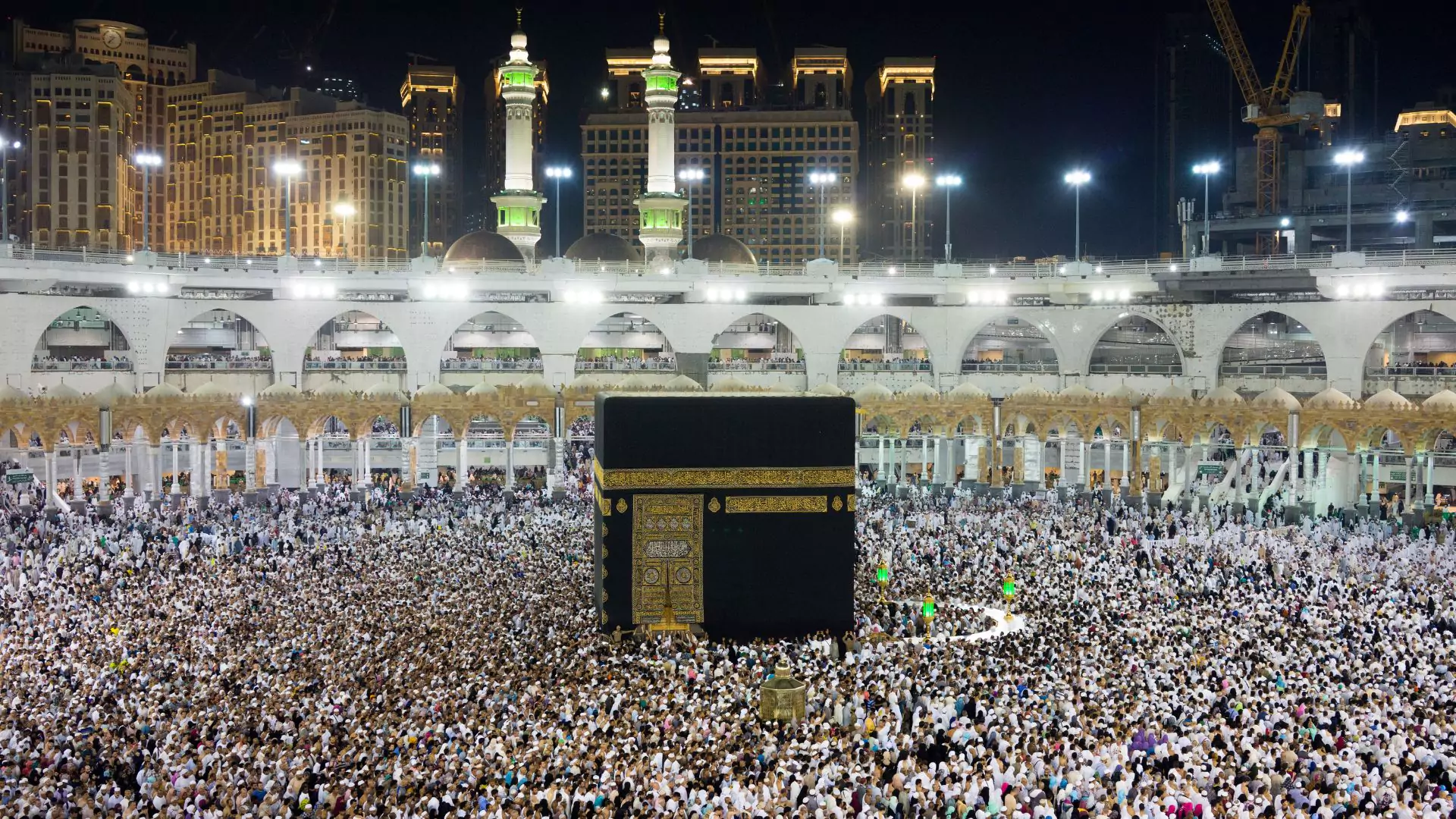
Do I Need an “Umrah Visa”?
If you’re a Saudi national or residing and employed in Saudi Arabia, you can visit Masjid al-Haram and perform it without specific documentation. However, if you reside in another country, you’ll need to obtain Visa to undertake your journey, even if you travel by car from a neighboring country. This visa will be valid for a month.
The processing time for a Hajj visa can vary depending on various factors, including the applicant’s country and the time of year. Generally, acquiring a Hajj visa can take several weeks to a few months, depending on the requirements set by the ministry.
Pilgrims can travel to the Holy City of Makkah by road or air, depending on their location. After performing this worship, it’s common for pilgrims to travel by bus to Masjid-e-Nabvi in Medina, which is the second holy city for Muslims.
FAQs
Can Umra be performed at any time of the year?
Yes, it can be performed at any time of the year, unlike Hajj, which has specific dates during the Islamic month of Dhul al-Hijjah.
What is the significance of the Tawaf and Sa’i?
The Tawaf (circling the Kaaba) and Sa’i (walking between Safa and Marwah) are symbolic acts of devotion and remembrance of the trials of Hagar, wife of the Prophet Ibrahim (Abraham), and her search for water for her son Isma’il (Ishmael).
What should I do if I become ill during it?
If you become ill during this worship, it is important to seek medical attention and follow the advice of healthcare professionals. Consider shortening your stay and performing the remaining rituals when possible.
Can I combine it with Hajj on the same trip?
Yes, it is possible to combine it with Hajj in the same trip, a practice known as “Qiran” or “Tamattu'” Hajj, where one enters into the state of Ihram for both Umra and Hajj during the Hajj season.
Can I perform it on behalf of someone else?
Yes, if performing it on behalf of someone else, such as a deceased relative, is permissible as an act of charity and devotion.
Are there any specific prayers or supplications to recite during Umra?
While no specific prayers or supplications are required during this worship, it is encouraged to recite the Quran, make du’a (supplication), and seek forgiveness from Allah.
Conclusion
It is a deeply spiritual journey of devotion and worship for Muslims worldwide. In contrast, it is not obligatory like Hajj, its rewards and benefits are immense.
It allows believers to strengthen their faith, seek forgiveness, and draw closer to Allah. By performing the rituals of it with sincerity and devotion, Muslims can experience a profound sense of spiritual fulfillment and connection to their Creator.

